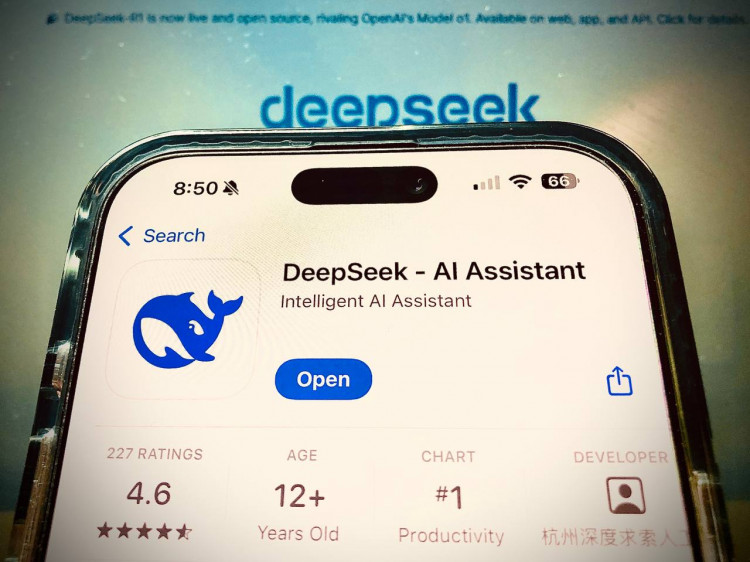Chinese artificial intelligence startup DeepSeek has significantly narrowed the technological gap with U.S. leaders like OpenAI, according to 01.AI founder and former Google China president Lee Kai-fu. The progress, driven by algorithmic innovation and efficient use of domestic hardware, suggests China now lags just three months behind the U.S. in core AI technologies-and may be ahead in some areas.
"Previously I think it was a six to nine month gap and behind in everything. And now I think that's probably three months behind in some of the core technologies, but actually ahead in some specific areas," Lee said in an interview with Reuters.
DeepSeek drew international attention earlier this year when it released an AI reasoning model trained on less powerful chips than those used by Western rivals. The company claims the model was built using only $6 million worth of computing power across 2,000 Nvidia H800 chips, compared to the billions spent by U.S. companies such as OpenAI and Meta on similar projects.
Benchmark tests published on the AI platform Hugging Face this week showed DeepSeek's latest model, DeepSeek-V3-0324, delivers competitive performance in areas such as reasoning and coding. The V3 model includes advanced features like visible "chain-of-thought" processes, a capability first developed-but not released to users-by OpenAI.
"The fact that DeepSeek are able to figure out the chain of thought with a new way to do reinforcement learning is either catching up with the U.S., learning quickly, or maybe even more innovative now," Lee said.
The development challenges assumptions that U.S. semiconductor sanctions are stifling China's AI advancement. Lee described the sanctions as a "double-edged sword," creating short-term obstacles but also compelling Chinese firms to innovate under constraints.
DeepSeek's rise has triggered a wave of concern in Silicon Valley and Washington. The startup's rapid progress and efficient use of resources contrast sharply with the expansive investments in data centers and specialized chips made by U.S. giants.
Lee, who launched 01.AI in March 2023, has positioned his firm to focus on practical AI applications rather than foundational model development, a field increasingly dominated by tech giants and open-source communities.
Earlier this month, 01.AI launched Wanzhi, an enterprise software platform designed to help companies deploy AI systems more efficiently. The company expects to multiply its 2024 revenue of $15 million several times over next year, according to Lee.






